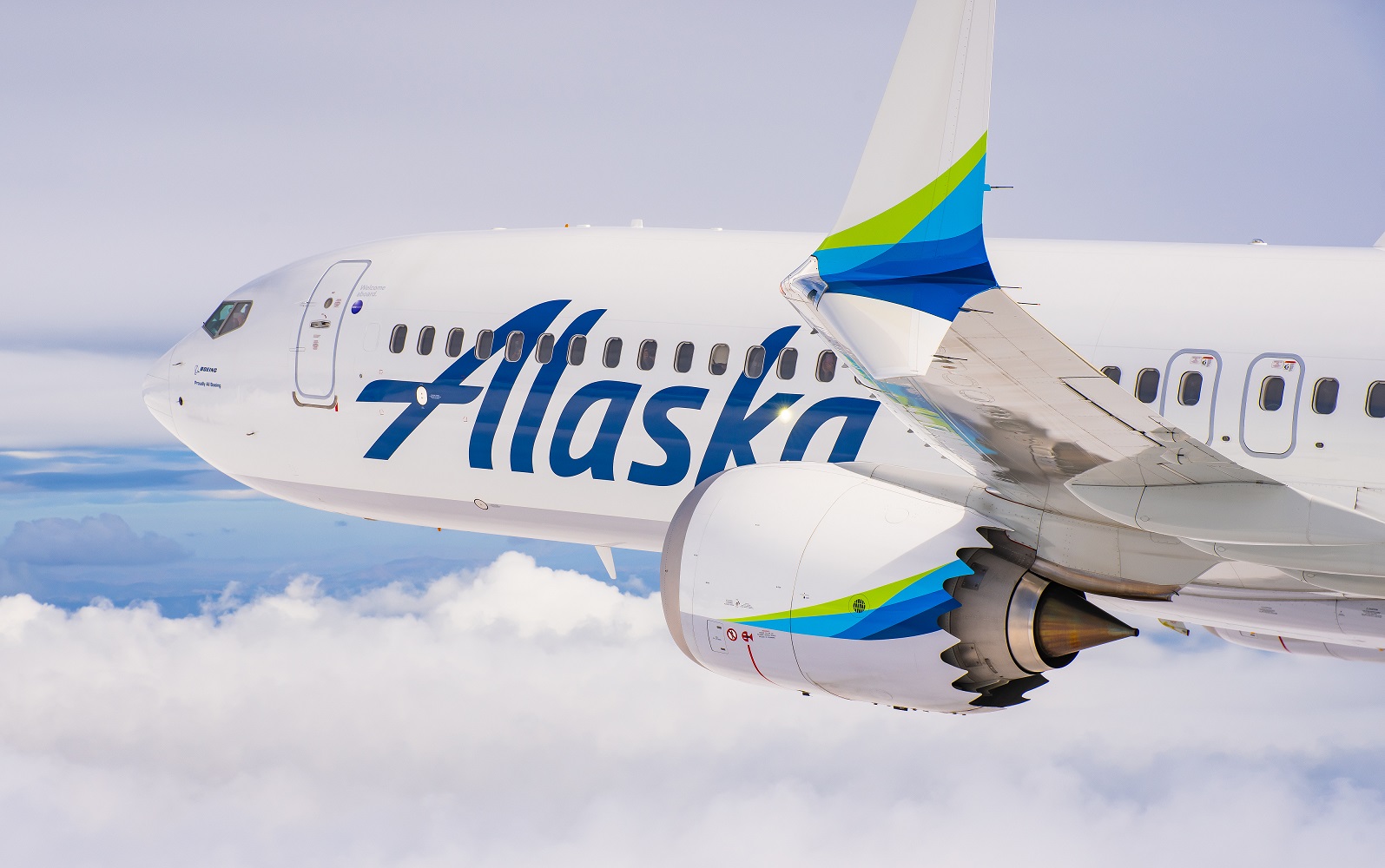Airlines warn of cargo delays due to 737 Max 9 grounding
09 / 01 / 2024

Source: Alaska Airlines
Alaska Airlines and United Airlines have warned cargo customers that some shipments could be delayed due to the grounding of their Boeing 737 Max 9 aircraft.
On January 6, the US Federal Aviation Administration (FAA) issued an emergency airworthiness directive (EAD) requiring inspections of all 737 Max 9s after a door plug blew out of an Alaska Airlines aircraft in mid-flight due to a pressurisation incident.
The failure left a hole in the side of the aircraft, although pilots safely landed the jet with only minor injuries to passengers.
United and Alaska are the largest operators of the Max 9, with United having 79 of the model and Alaska 65.
“United has temporarily suspended service on MAX 9 aircraft to conduct thorough inspections,” the carrier’s cargo business said. “We are actively inspecting the aircraft which may result in some cancellations or delays.
“Our Customer Service Center is working directly with impacted customers to find alternative shipping options.
“In the meantime, we will continue to accept customer shipments at our freight facilities and find alternative aircraft.”
Alaska Airlines Cargo explained: “Our operations are being impacted by the 737-9 grounding.
“We are identifying necessary cancellations and expect disruptions to last through at least mid-week. For shipments impacted by a flight cancellation, cargo will be automatically rebooked for the next available flight.”
Other operators of the aircraft include Copa Airlines (29), AeroMexico (19), Turkish Airlines (five), SCAT (five) and Iceland Air (four), Lion Air (three), FlyDubai (three).
However, not all of these aircraft are operated with plugged emergency exit doors. Aircraft with higher-density seating configurations require the extra emergency door to be operational.
The Alaska jet, with registration N704AL, was operating from Portland to Ontario, California at the time of the incident.
The FAA said that all 737-9 aircraft will remain grounded until operators complete enhanced inspections, which include both left and right cabin door exit plugs, door components, and fasteners.
“Operators must also complete corrective action requirements based on findings from the inspections prior to bringing any aircraft back into service,” the FAA added.
The European Union Aviation Safety Agency has formally adopted the FAA directive, although it believes no operators in EASA member states are affected, said Air Cargo News‘ sister magazine, FlightGlobal.













